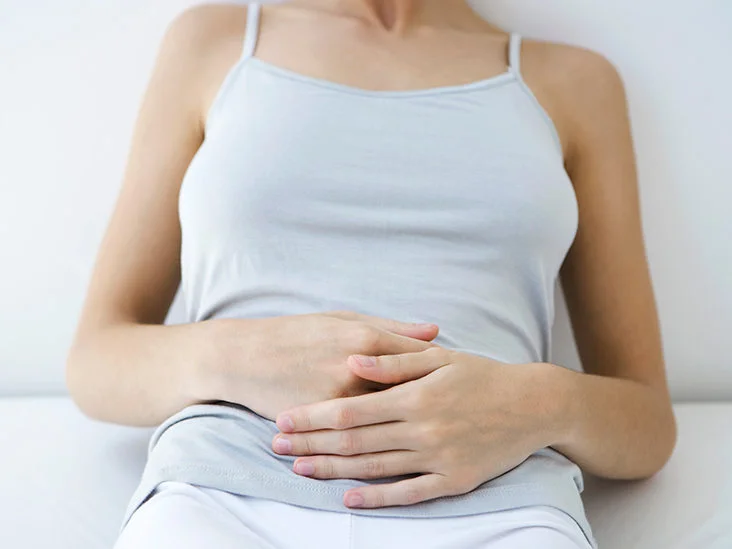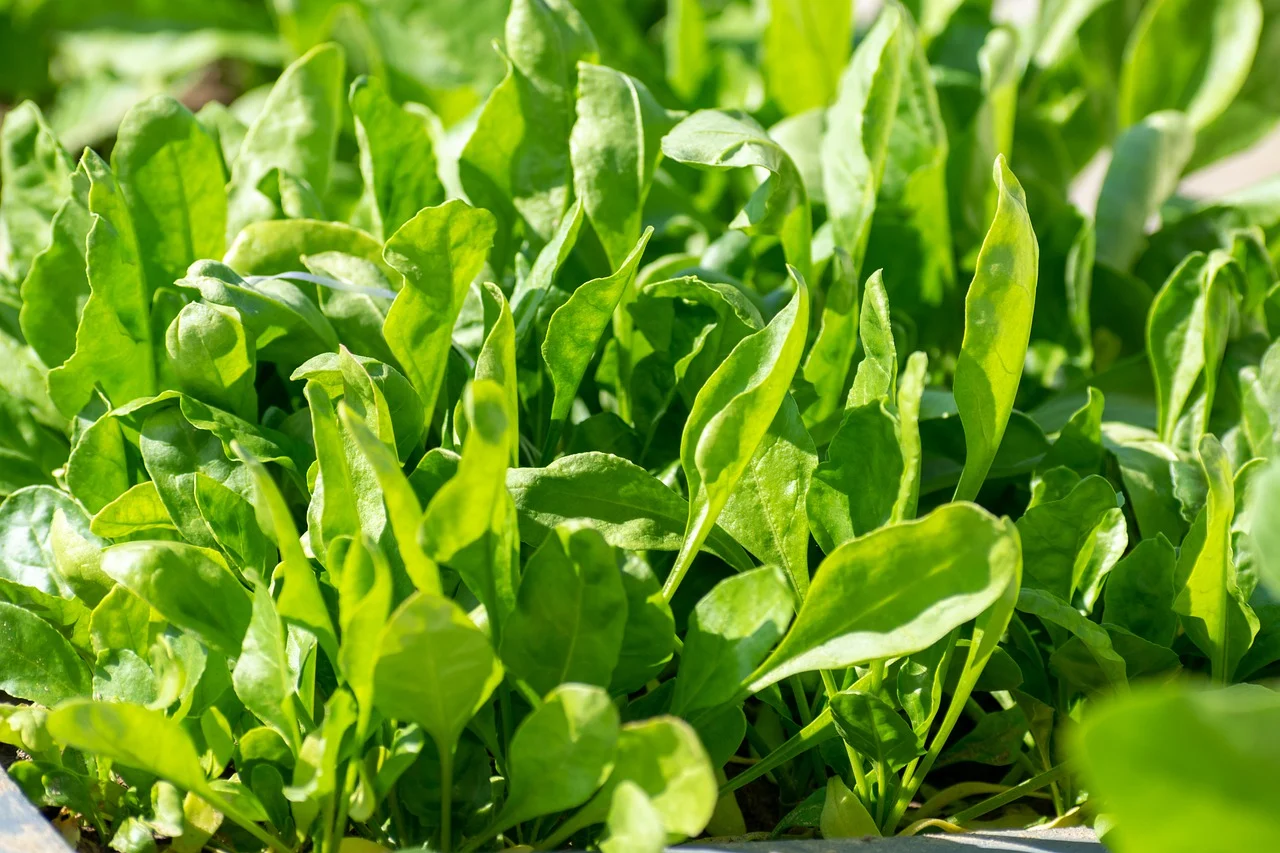Bloating is a common digestive issue that can leave you feeling uncomfortable and sluggish. What you eat plays a significant role in how your stomach feels. In this article, we’ll delve into the best and worst foods for bloating, helping you make informed choices for a more comfortable and flat stomach.
Best Foods for Beating Bloating:
1.Ginger:
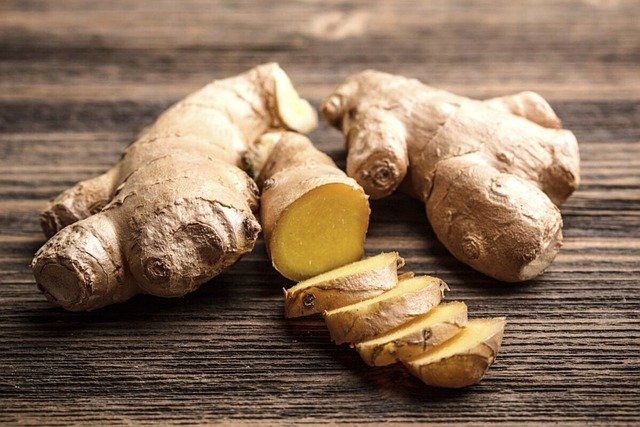
Incorporating ginger into your diet can work wonders for bloating. This root contains natural compounds called gingerols, which possess anti-inflammatory and soothing properties for the digestive tract. Ginger can relax intestinal muscles, easing the passage of food and reducing bloating. Consider enjoying Ginger in a cup of warm tea or adding it to your meals as a spice.
2.Cucumber:
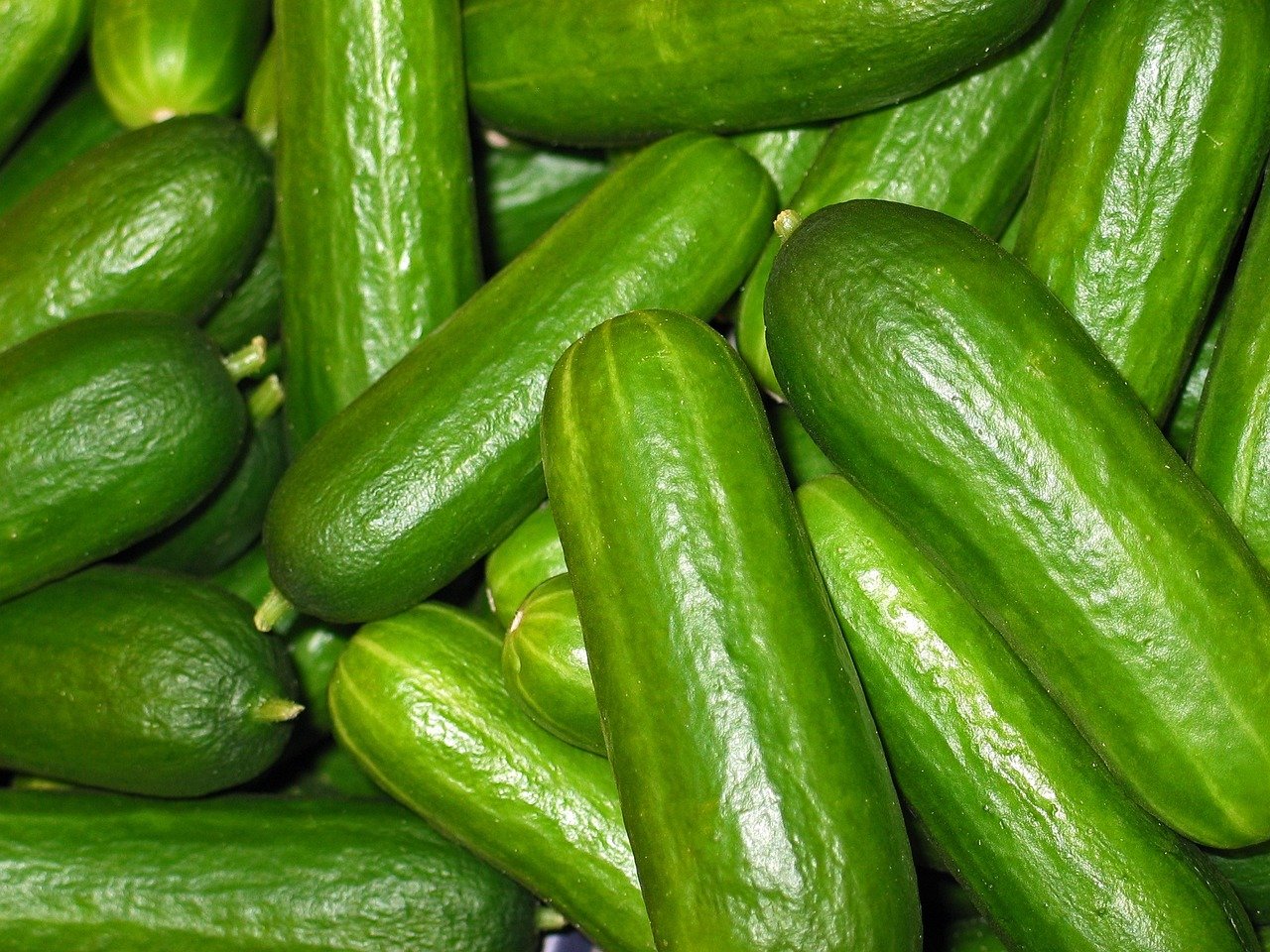
When it comes to hydration and beating bloat, cucumbers are your allies. With a water content of over 95%, cucumbers act as a natural diuretic, helping to flush out excess sodium and water from your body. This can contribute to reducing water retention and promoting a flatter stomach.
3.Yogurt:
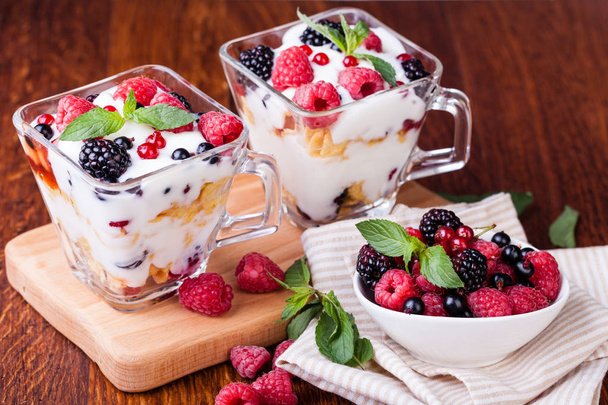
Opt for yogurt that contains live and active cultures (probiotics). These beneficial bacteria support a healthy gut environment, aiding in digestion and reducing the production of gas. Probiotics help maintain a balanced gut flora, which can prevent bloating and digestive discomfort.
4. Papaya:

This tropical fruit is a natural source of the enzyme papain, which assists in breaking down proteins. When protein is properly digested, it reduces the chances of undigested particles fermenting in the gut and causing gas. Adding papaya to your diet can support smoother digestion and reduce bloating.
5. Peppermint Tea:
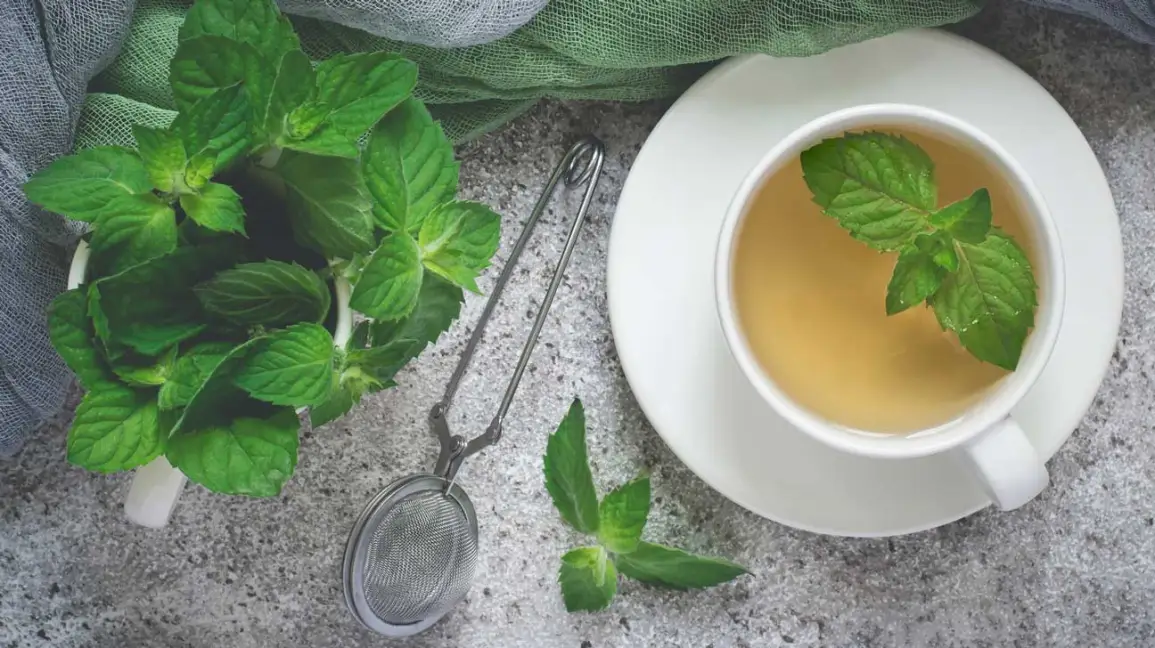
Peppermint tea is known for its ability to relax muscles, including those in the gastrointestinal tract. This relaxation can help ease the passage of food through the digestive system, reducing the likelihood of bloating and discomfort. Drinking a cup of peppermint tea after a meal can provide soothing relief.
Foods to Avoid to Prevent Bloating:
1.Carbonated Drinks:
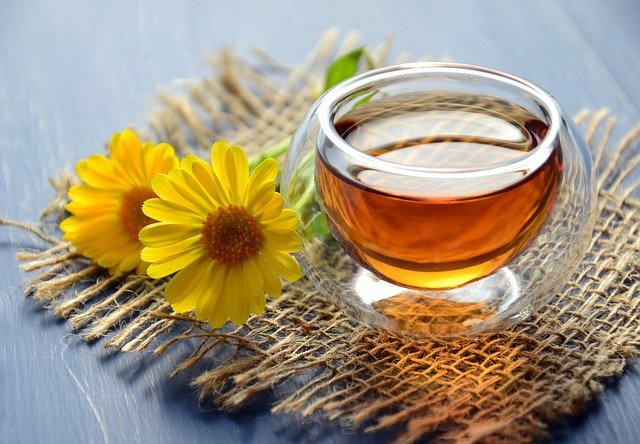
Carbonated beverages introduce air into the digestive system, leading to gas buildup and bloating. The bubbles in these drinks can get trapped in your stomach, causing discomfort. Opt for still water or herbal teas to stay hydrated without the added gas.
2. Processed Foods:
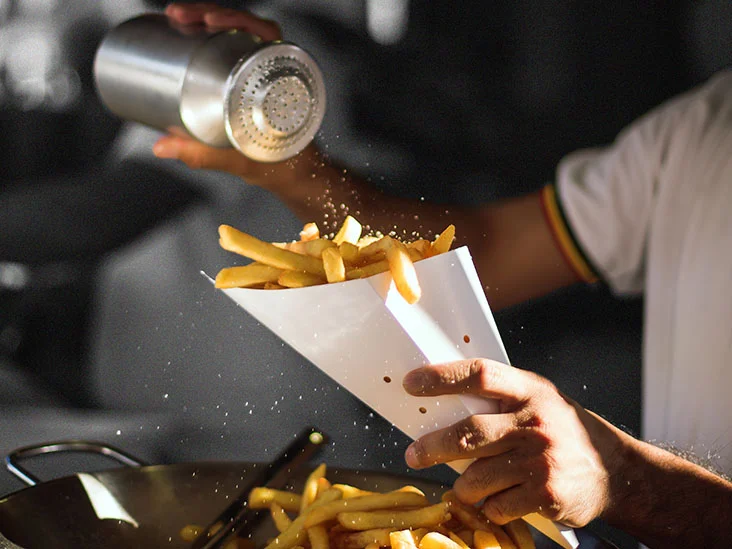
Many processed foods are high in sodium, which can lead to water retention and bloating. Additionally, these foods often contain artificial additives that can disrupt the delicate balance of your gut flora, leading to digestive discomfort. Choosing whole, unprocessed foods can help alleviate these issues.
3.Legumes:

While legumes are a valuable source of protein and fiber, they also contain complex sugars that can be challenging to digest. This can lead to the production of gas and bloating. Soaking legumes before cooking and gradually increasing your consumption can help your body adapt to them more easily.
4.Cruciferous Vegetables:

While incredibly nutritious, cruciferous vegetables like broccoli, cauliflower, and cabbage contain fibers that can be tough to break down. These fibers can ferment in the gut, leading to gas and bloating. Cooking these vegetables can make them easier to digest and reduce the likelihood of bloating.
5.Artificial Sweeteners:
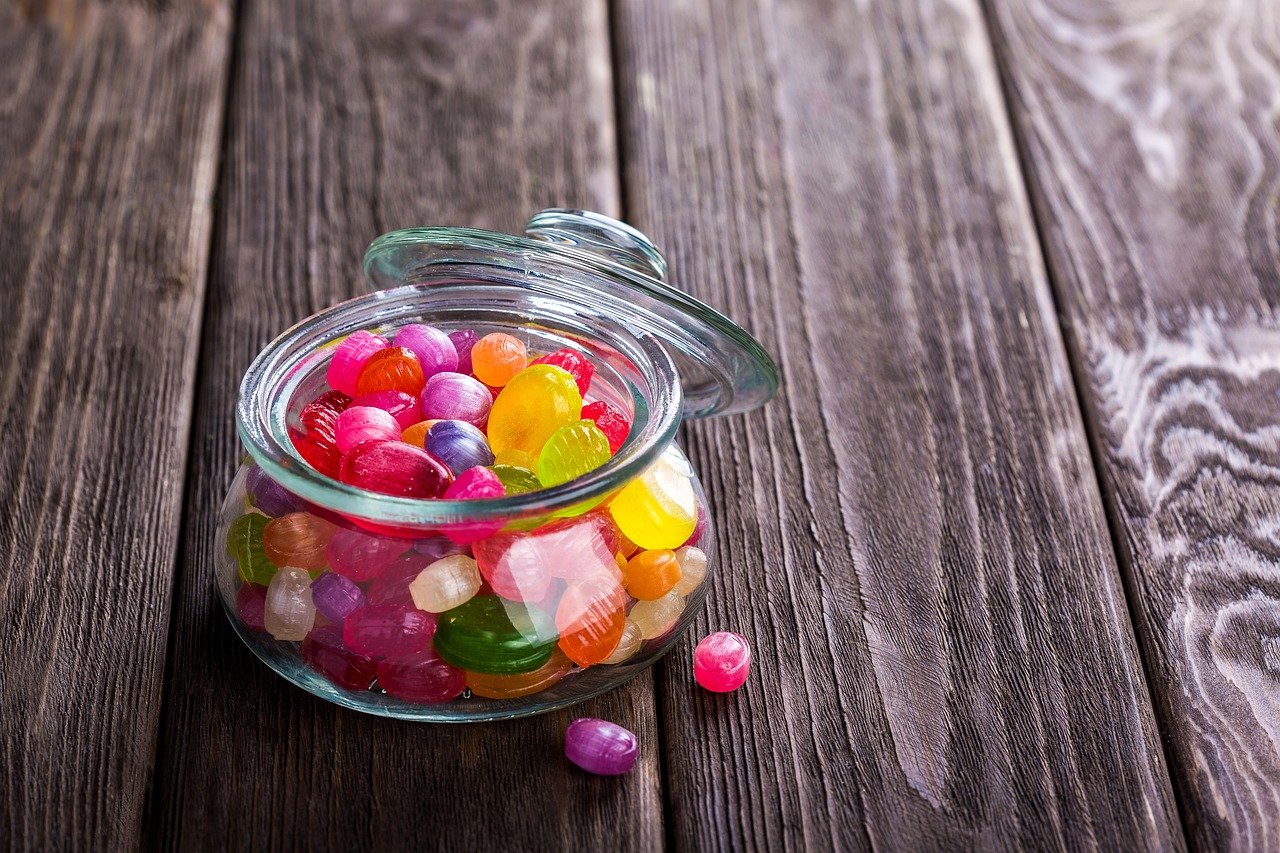
Sugar substitutes like sorbitol, mannitol, and xylitol are commonly found in sugar-free products. While they contain fewer calories, they are not well-absorbed by the body and can ferment in the gut, causing gas and bloating. Checking labels and choosing products without these sweeteners can help prevent discomfort.
Remember, making small changes to your diet and eating habits can have a significant impact on bloating and digestive comfort. Listen to your body, stay hydrated, and pay attention to how different foods affect you individually. These steps can lead to a flatter stomach and improved overall well-being
